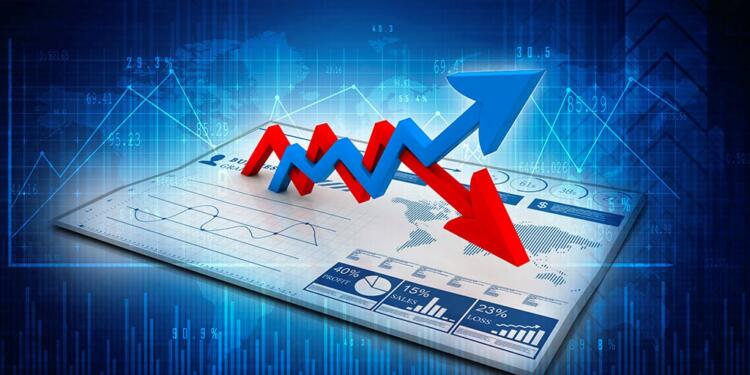Inflation is defined as a general increase in the prices of goods and services over a given period. In general, when inflations occurs, life becomes more expensive because purchasing goods and services becomes more expensive.
Inflation expectations are simply the inflation rates at which businesses, consumers, and investors expect prices to rise. They are significant because actual inflation is partially determined by what we expect it to be. If everyone expects prices to increase by three percent over the next year, business owners will want to raise prices by at least three percent, and workers will, in turn, want similar-sized raises.
Rising Inflation
It has risen significantly, particularly from 2021 to 2022, due to a crisis in energy prices. In 2022 the Ukraine war led to a sudden increase in heating costs due to gas supply stoppages. Variations in the supply and demand for various goods and services, policy changes, a wage-price spiral, bottlenecks in the supply chain, and changes in the cost of materials can cause inflation.
Effects of high inflation rates
The most apparent effect of inflation is a loss of purchasing power. Many people are feeling the impact of declining purchasing power on their budgets. However, those on a low or fixed income are often the hardest hit. The Federal Reserve typically raises interest rates to keep it under control, making borrowing money more expensive.
Investors typically purchase fixed-income securities such as corporate or municipal bonds to receive a consistent income stream through interest payments. However, because the interest rate on most fixed-income securities remains constant until maturity, the purchasing power of the interest payments declines as inflation rises. As a result, when inflation rises, bond prices tend to fall.
Anti-inflationary measures can lead to a recession. When the Fed attempts to adjust the market through monetary policy and interest rate hikes, every once in a while, it overcorrects. The country’s economic growth may suffer if the market isn’t prepared for the Fed’s actions. A contraction occurs when this occurs for one-quarter of the time. However, if this happens for two quarters in a row, it is generally regarded as the start of a recession.
Expert predictions for the future
While the IMF predicts that global inflation will peak in late 2022, rates in many parts of the world are expected to remain higher than usual in 2023. Following a global inflation rate of 8.8% in 2022, the IMF forecasts a 6.6% rate in 2023 and a 4.3% rate in 2024 in their most recent January 2023 update.
The good news for optimists is that the double-digit inflation that afflicted nearly half of the world in 2022 is expected to be less prevalent this year. On the other hand, looking at countries like Zimbabwe, Poland, Turkey, and Venezuela may suggest that we are far from out of the woods on a global scale.
Potential solutions and actions
The causes of inflation determine the appropriate set of disinflationary policies. If the economy has overheated, central banks can impose contractionary policies, such as raising interest rates, to cool it down. Central bankers have increasingly relied on their ability to influence inflation expectations on the people as an inflation-reduction tool. The greater the central banks’ credibility, the more significant the impact of their pronouncements on inflation expectations.
It will definitely have an impact on anyone’s portfolio with time. An investor can only achieve real protection against inflation by profitably investing his or her money. This is undoubtedly one of the best ways to counteract it. Alongside working with a financial professional, consider diversifying your portfolio with exposure to stocks and real assets.
Also Read: 5 Trends Shaping the Future of FinTech
Conclusion
It is critical to comprehend what it is, how it affects the economy and the roles of central banks and governments in controlling it. When people and businesses are confident in their understanding of the inflation’s rate, they can make long-term financial plans, resulting in a more efficient economy.
























